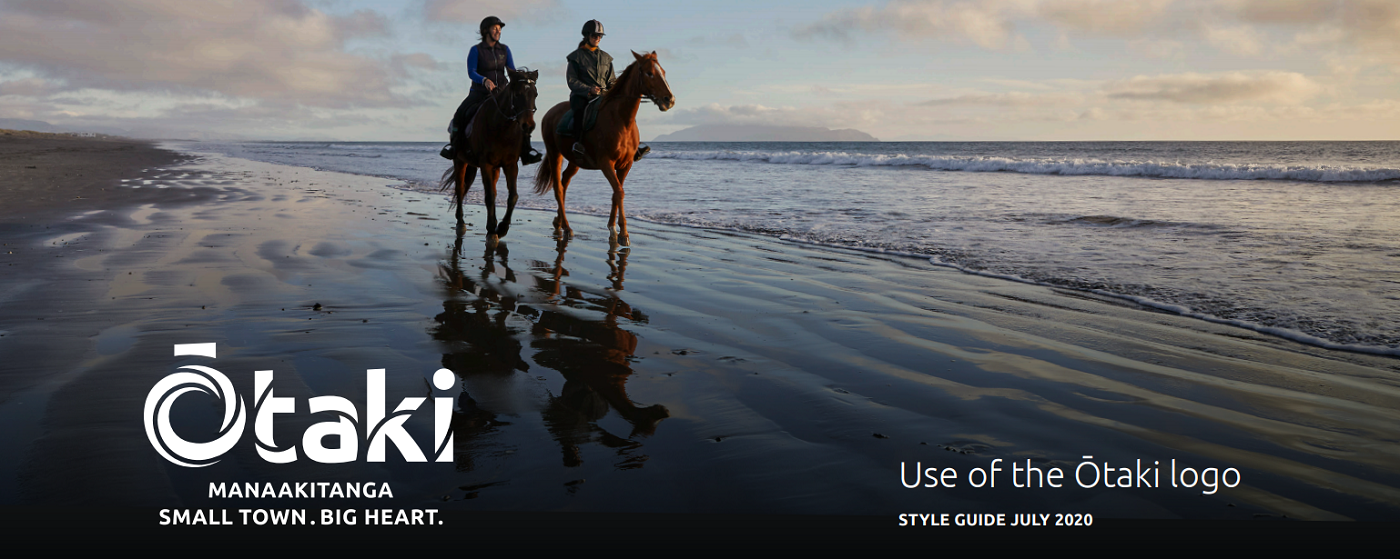
MARCH AGAINST METH
Ōtaki has had enough of the drug problem plaguing the town and is marching against meth.
At
There will be speeches and information available at a venue still to be confirmed at press time.
Everyone in the community has been invited to attend.
The hikoi has been
“We needed to give a voice to our whānau, who have had enough,” says one of the
“There’s been too much waiting. The time to do something is now. We’re marching for our kids.”
Rawiri has worked with meth addicts and seen the outcomes on the streets of Auckland.
“Sadly, our Māori brothers and sisters make up a high percentage. But Ōtaki is our home, and te iwI Raukawa is strong.”
Fellow
“If we don’t speak out, it will become normal in our community. That destroys a lot of homes and families.”
While they
“I was an addict. I know how bad it can be, especially for family members. That’s the really hard part. But with support, I’ve come out the other side. I don’t want what happened to me to happen to other people.”
Support available
For anyone dealing with a meth (P) problem, Ōtaki has a walk-in
Every second Thursday (the latest is November 15) from 6-8pm, the Birthright Centre in Rangatira Street hosts P-pull. It’s where active users, their whānau and friends can share information and get advice on prevention, recovery options, and the journey to recovery.
The walk-in has alcohol and drug
Christine Kaumoana of P-pull, a nationwide grassroots movement, says getting “clean” is not easy.
“It takes two years, and then it’s for the rest of your life – for users and whānau. But we can help. You’re not alone.”
LATEST POSTS
- Accommodation
- Achievements Celebrations
- Active Recreation
- Animals
- Arts Culture
- Attractions
- Business
- Cafes Restaurants Bars
- Children
- Come To Live Here
- Come To Visit
- Commemorations and Reunions
- Community
- Community Action
- Community Development
- Community Economic Development
- Community Resilience
- Community Services
- Complaints Protest
- Crime
- Development Business
- Development Economic
- Development Urban Planning
- Eco Environment
- Education
- Education Skills
- Emergency Preparedness
- Event Promotion
- Family
- Family History
- Food Drink
- Fundraising
- Health
- History Legacy
- Housing
- Infrastructure
- Kindness Respect
- Language
- Local People
- Local Political
- Maori
- Obituaries
- Philanthropy
- Political
- Projects Causes
- Recognition Awards
- Rural Communities
- Safe Behaviour
- Safe Communities
- Service Clubs
- Shopping Retail
- Spirituality Religion
- Stories About People
- Technology Science
- Town Environments
- Transport
- Volunteering
- Young People
- Youth Employment

